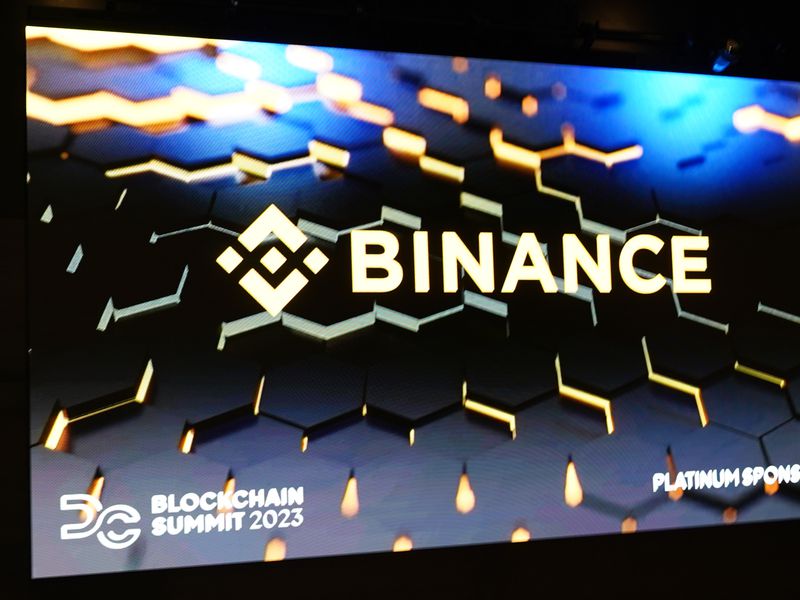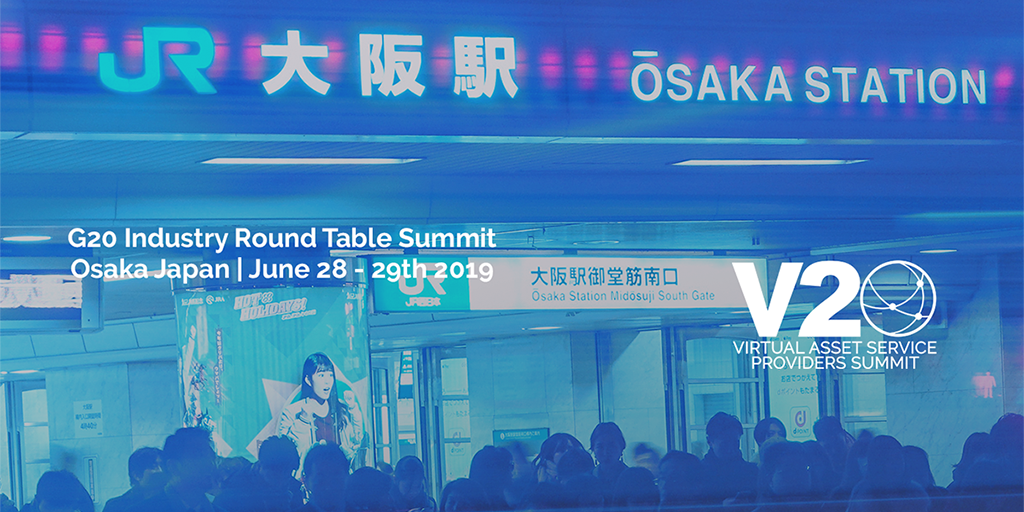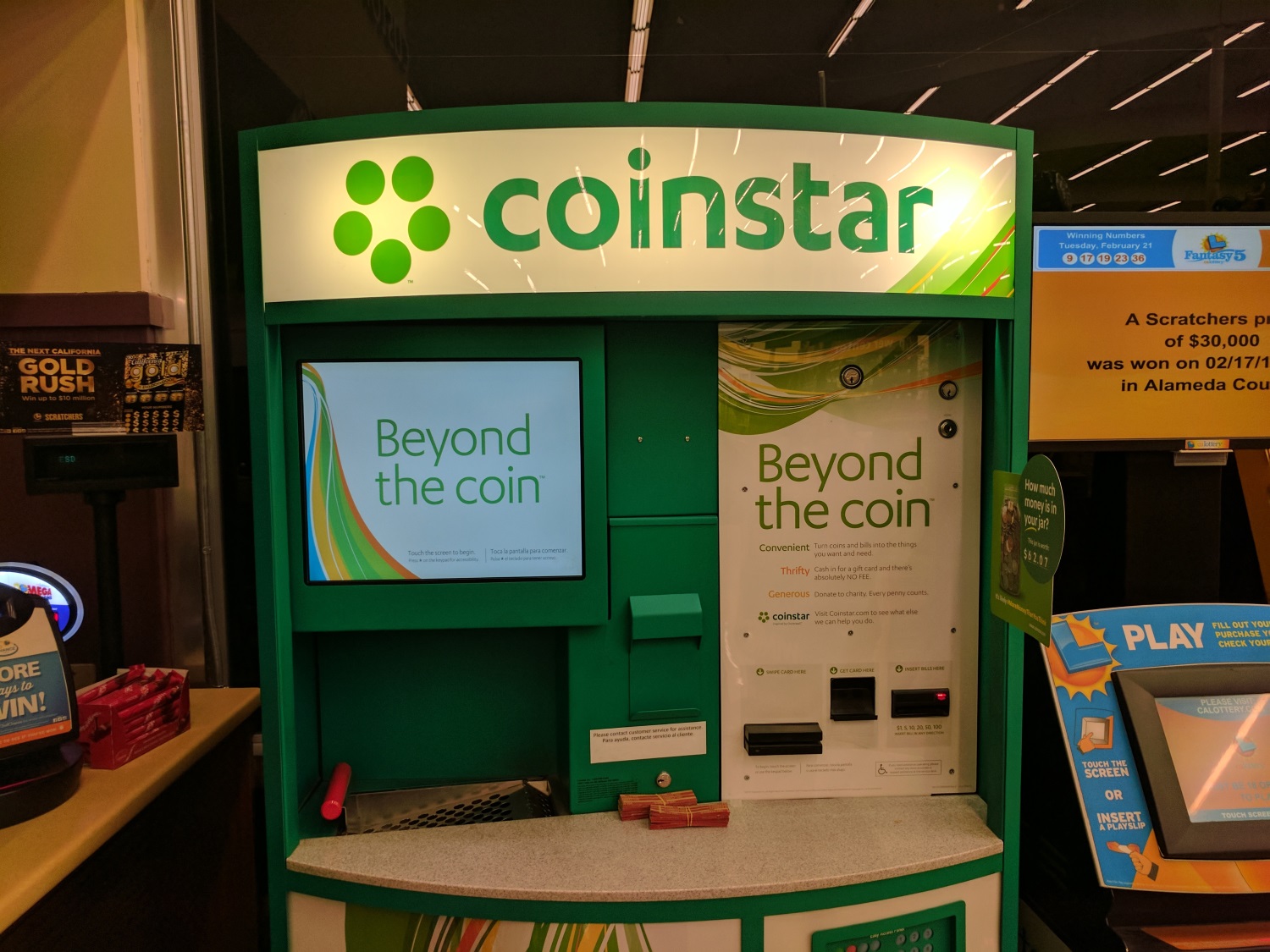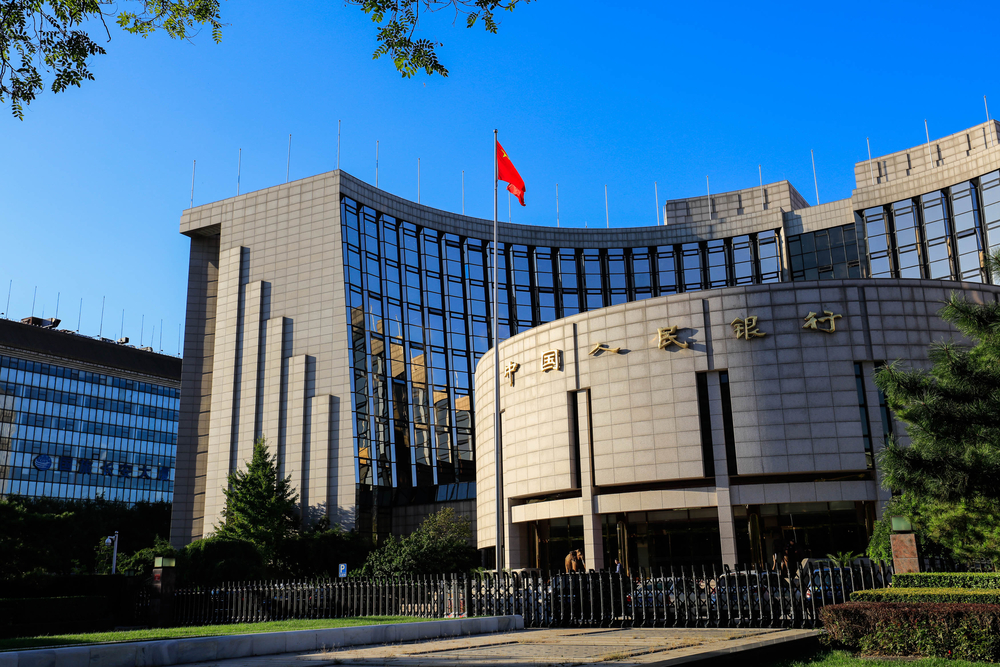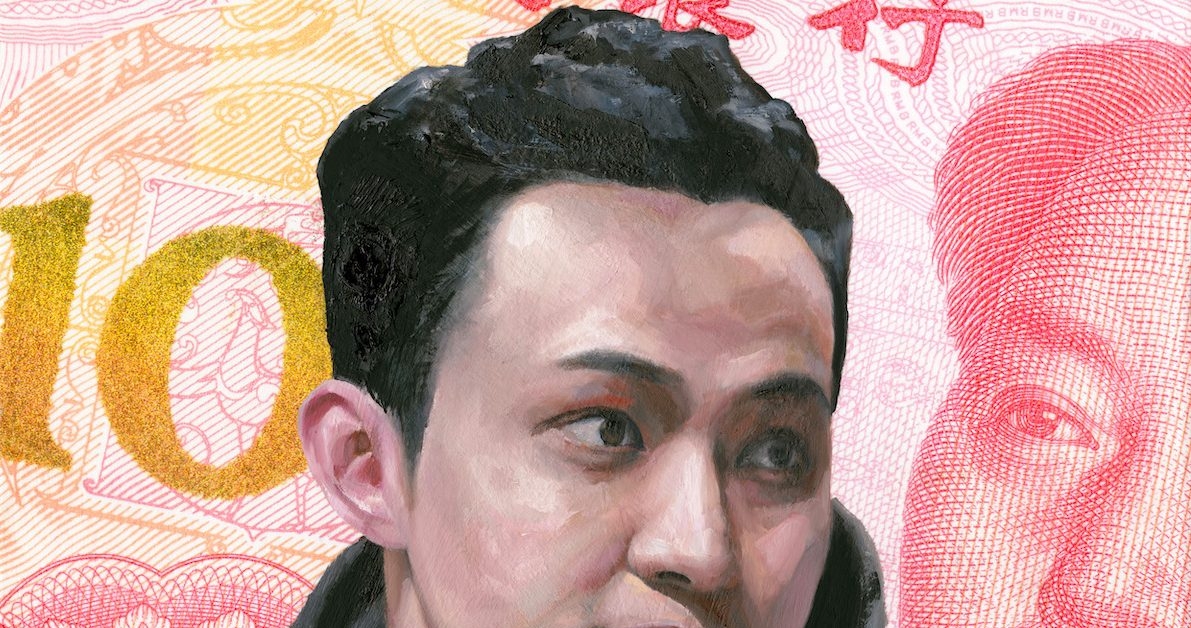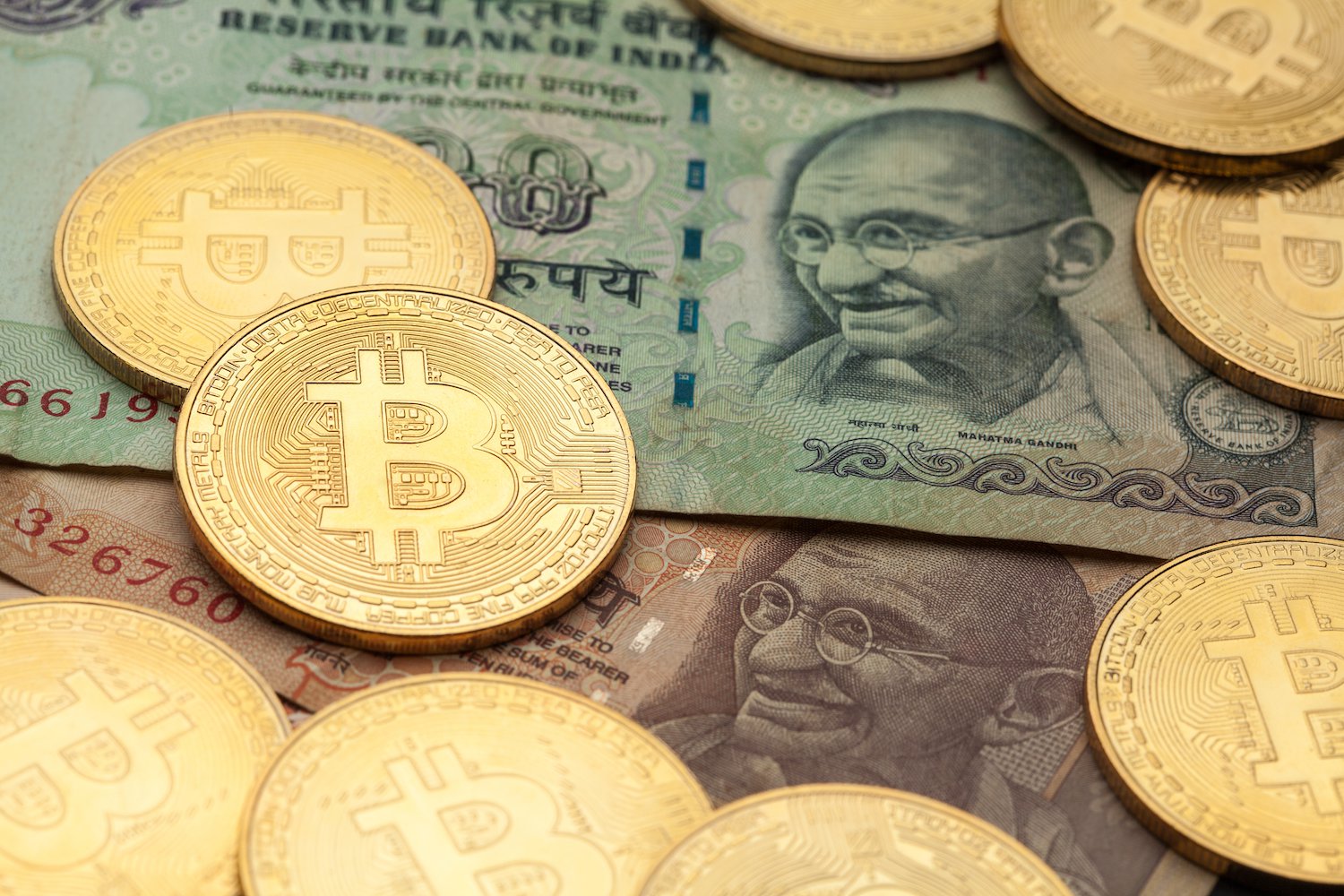South Korea’s Shinhan Bank Is Cracking Down Harder on Anonymous Crypto Users

Shinhan Bank, the second largest financial group in South Korea by assets, is redoubling its efforts to police accounts related to cryptocurrency exchanges, according to local press reports. The goal? To completely quash the anonymous crypto transactions in the country.
Because the news suggests a change it policy it has generated considerable buzz. But the July 1 move by the institution is little more than the latest step in the refinement of relevant processes and procedures, a development that has been ongoing for more than a year.
Crypto is not being locked out from the Korean banking system. The landscape is evolving with changes in the business and in the compliance environment.
Links between between commercial banks and crytocurrency exchanges were dramatically altered in early 2018 when the Financial Services Commission (FSC), a regulator, issued a batch of rules. The Cryptocurrency-related AML Guideline requires traders of crypto on the exchanges to open real-name bank accounts at the same bank servicing the exchange itself.
In short, crypto traders could no longer be anonymous in South Korea.
The document also lays out a number of general anti-money laundering principles for crypto in the country. Suspicious transactions are defined. A bank checklist is mandated, with a line for a source-of-funds determination. And foreigners are prohibited from opening bank accounts for cryptocurrency trading.
What followed was a series of advances and retreats as the sector got comfortable with the regulations and as the regulators fine tuned the requirements.
The rules were updated in June 2018, with the FSC saying that the banks had to begin the constant monitoring of the relevant accounts. It had become concerned about commingling of funds and wanted to make sure the institutions were keeping customer money and deposits for company operations separate.
Late in 2018, the head of the FSC let the sector know that the regulators are accepting of crypto. He said, in no uncertain terms, that banks are permitted to take crypto-related deposits, as long the Know-Your-Customer (KYC) principles outlined earlier in the year were followed.
Around the same time, Kookmin Bank and Nonghyup Bank (NH) came under the scrutiny of the FSC for failures in terms of implementing the anti-money laundering guidelines. The two banks plus Hana Bank were later inspected by the Financial Supervisory Service (FSS), another domestic regulator, for similar reasons.
The sector has come under additional pressure lately, as the Financial Action Task Force (FATF) will be requiring the sharing of customer information by cryptocurrency exchanges. It is likely that South Korea will closely adhere to the letter and spirit of what the FATF is demanding. Implementation of the 2018 guidelines will become more of a priority for the regulators.
The institutions themselves have been somewhat manic about the business.
Kookmin Bank, the country’s largest bank by assets, reportedly withdrew from offering cryptocurrency accounts for a time, but then in 2019 signed deals to enhance it capabilities in digital currency asset management. Due to the sudden closure of accounts by Kookmin, business gravitated toward Shinhan Bank in early 2018.
The recent AML enhancements at Shinhan seem to be incremental and very much in line with the general trend. It is planning to increase staff doing AML-related work and continue to develop its plan for dealing with potential fraud and monitoring transactions. It also said that it would be working to develop artificial intelligence systems to help it spot suspicious transactions.
The news did not seem to worry the exchanges themselves.
“The Korean government allowed Bithumb to use NH Bank only. Therefore, we have nothing to do with Shinhan Bank, and it is not relevant to our operations,” according to a source at Bithumb, which is controlled by Singapore’s Blockchain Exchange Alliance (BXA) and is by some measures the largest exchange in Korea.
Image via Shutterstock.

